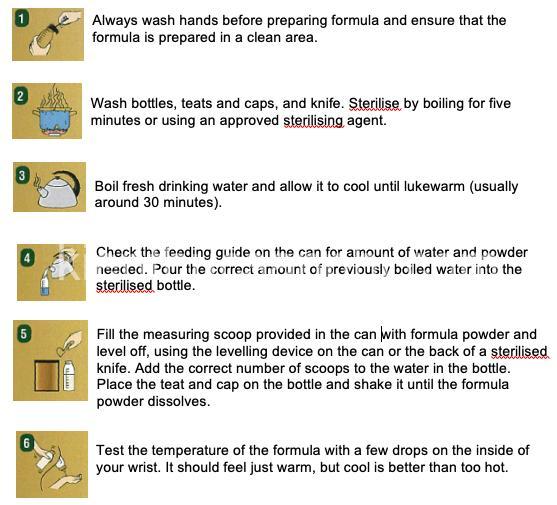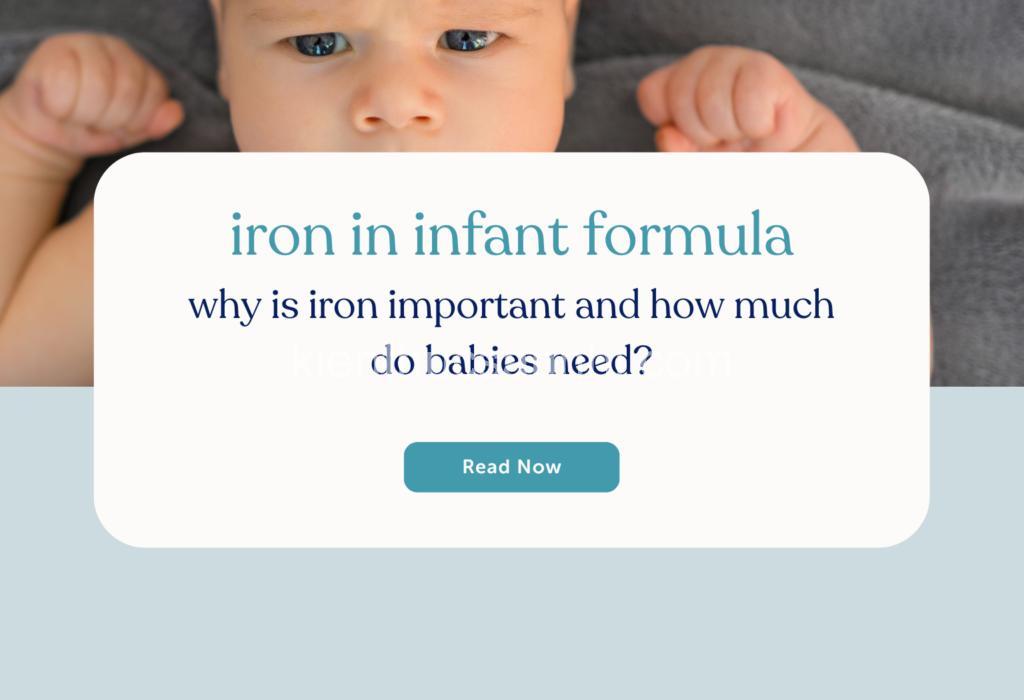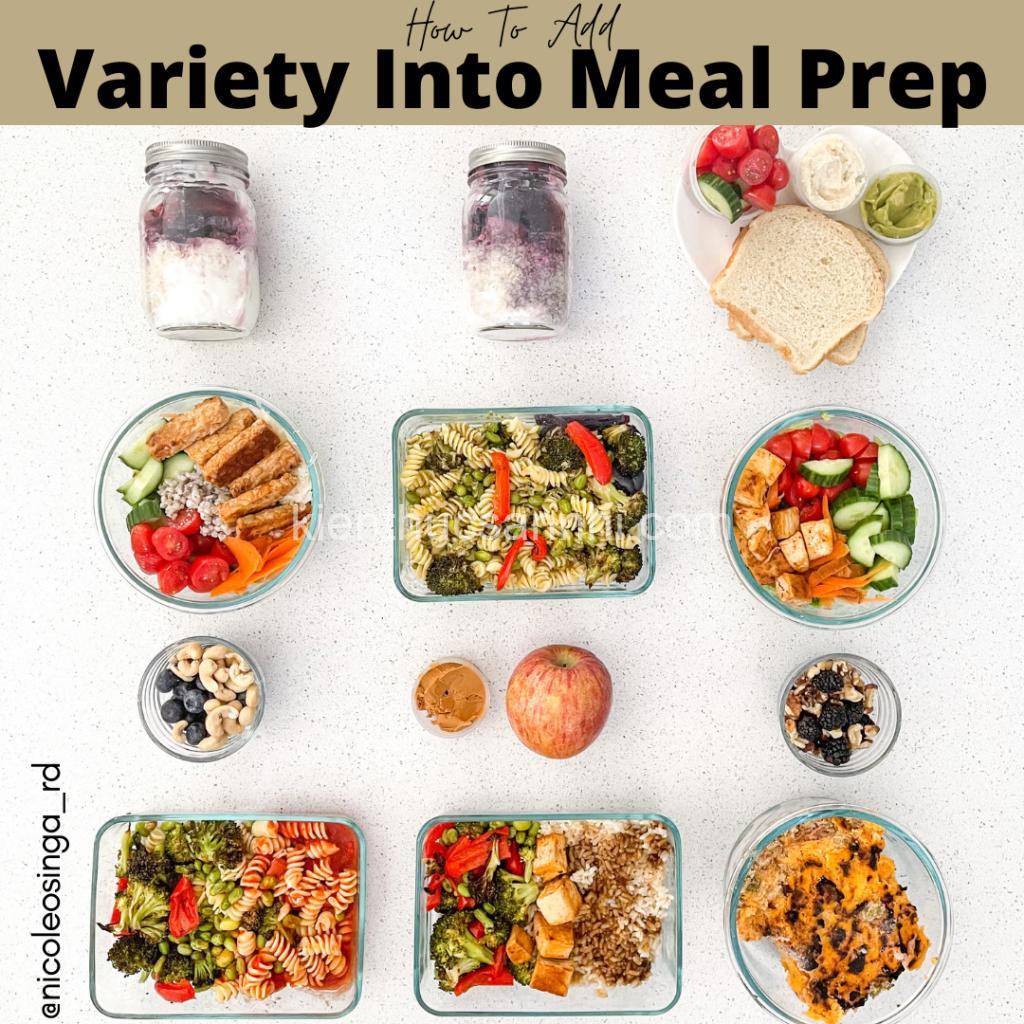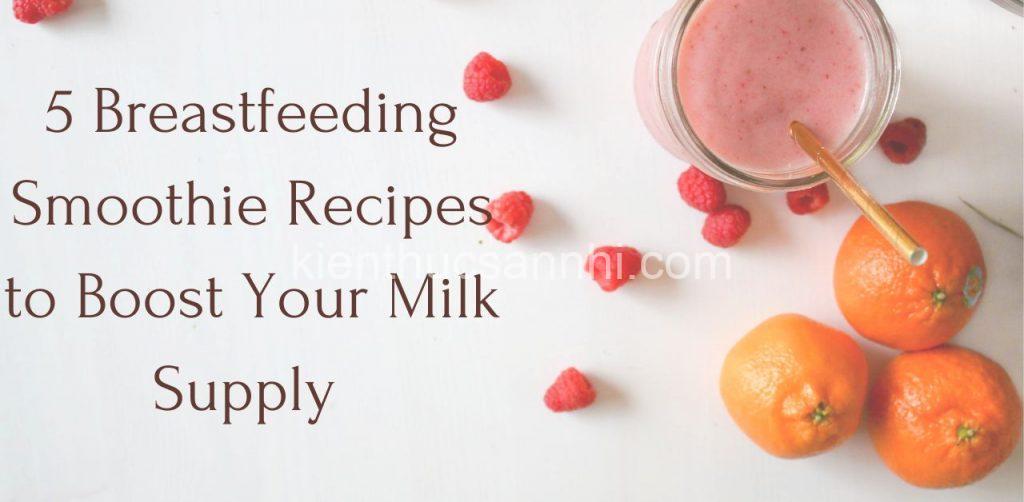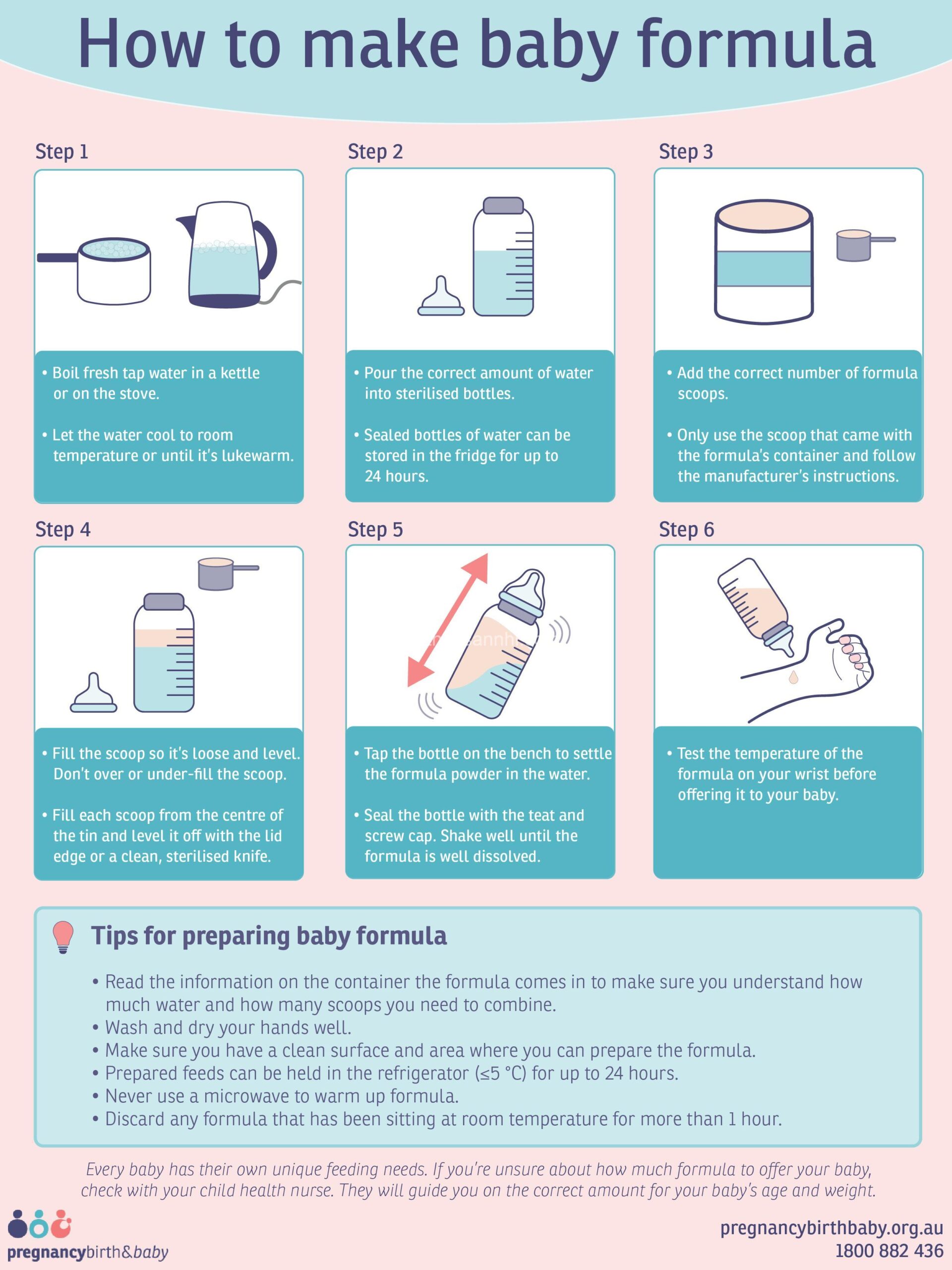
Ensuring Baby Hydration: Recognizing Dehydration Signs & Tips for Formula-Fed Babies. In today’s article, kienthucsannhi.com will explore with you in the most detailed and complete way. See now!
Recognizing Signs of Dehydration in Formula-Fed Babies
You love your little one more than words can express, and keeping them healthy is your top priority. Dehydration can be a serious concern, especially for formula-fed babies. It’s important to be aware of the signs so you can address any issues quickly.
Here’s a checklist of common signs of dehydration in babies:
- Sunken eyes: This is a classic sign of dehydration, as the eyes lose their usual fullness.
- Dry mouth: If your baby’s mouth feels dry or sticky, this could indicate dehydration.
- Decreased urine output: Check your baby’s diapers regularly. Fewer wet diapers than usual can be a sign of dehydration.
- Fussiness: Dehydrated babies often become irritable and fussy.
- Lethargy: If your baby is unusually sleepy or inactive, this could also be a sign of dehydration.
It’s important to remember: If you suspect your baby might be dehydrated, it’s essential to seek medical advice immediately. Early intervention can help prevent complications.

Understanding Formula Feeding and Hydration
Formula is designed to provide both nutrition and hydration for your baby. However, formula alone isn’t always enough. Babies still need additional water intake, especially during hot weather or if they’re ill.
Here are some factors that can affect your baby’s hydration needs:
- Age: Newborn babies have higher water needs than older infants.
- Climate: Babies living in hot climates need more water than those in cooler regions.
- Activity level: Active babies will need more hydration than those who are less active.
- Illness: Babies who are sick often have increased fluid requirements.
- Formula type and concentration: Some formula types may require more water supplementation than others.
Remember: Always consult your pediatrician for personalized advice on how much water your baby needs.
Practical Tips for Ensuring Hydration in Formula-Fed Babies
Now that you understand the importance of hydration, let’s explore some practical tips for ensuring your baby is getting enough water:
- Offer water between feedings: This is a great way to supplement your baby’s hydration. You can offer water using a sippy cup, or even a syringe.
- Frequency and amount: Offer water every 2-3 hours. Start with small amounts (a few teaspoons) and gradually increase as your baby gets older.
- Monitor wet diapers: This is a reliable indicator of hydration. Aim for 6-8 wet diapers per day.
- Other methods of hydration: Breast milk (if breastfeeding or supplementing), diluted juice (with caution, consult pediatrician) are other ways to increase hydration.
- Seek medical advice: If you have any concerns about your baby’s hydration, always consult your pediatrician.
Myths and Misconceptions about Formula-Fed Babies and Hydration
Let’s address some common misconceptions about formula-fed babies and hydration:
- Myth: Formula-fed babies can overfeed themselves with formula. Reality: Babies have a natural ability to regulate their intake and will stop feeding when they’re full.
- Myth: Diluting formula is a good way to save money. Reality: Diluting formula can lead to nutritional deficiencies. Always follow the manufacturer’s instructions for mixing formula.
Remember: It’s crucial to rely on accurate information from trusted sources like your pediatrician or reputable websites. Avoid advice from unreliable sources.
Ensuring Proper Hydration During Illness
When your baby is sick, they are more susceptible to dehydration. It’s essential to be extra vigilant about their hydration needs:
- Offer water frequently, even small amounts.
- Consult your pediatrician for specific advice on how to keep your baby hydrated during illness.
When to Contact Your Pediatrician
While monitoring your baby’s hydration is important, there are times when you should contact your pediatrician immediately:
- Persistent dehydration symptoms: If your baby continues to show signs of dehydration despite offering extra water.
- Significant weight loss: If your baby loses a significant amount of weight, it could be a sign of dehydration.
- Fever accompanied by dehydration: If your baby has a fever and is also showing signs of dehydration.
- Baby is refusing to drink: If your baby is refusing to drink water or formula, it’s essential to seek medical advice.
- Concerns about your baby’s hydration level: If you have any concerns about your baby’s hydration level, don’t hesitate to contact your pediatrician.
Conclusion
Ensuring your baby’s hydration is crucial for their health and well-being. By understanding the signs of dehydration and following these simple tips, you can help keep your little one healthy and happy. Remember to consult your pediatrician for personalized advice and guidance.
Want to learn more about baby care? Visit kienthucsannhi.com for valuable information and resources!
Share your thoughts and experiences in the comments below!
FAQ:
What are some signs of dehydration in a formula-fed baby?
Some signs of dehydration in a formula-fed baby include sunken eyes, dry mouth, decreased urine output, fussiness, lethargy, and fewer wet diapers than usual.
How often should I offer water to my formula-fed baby?
You can offer water to your baby every 2-3 hours, depending on their age and individual needs.
How much water should I offer my baby?
Start with small amounts (a few teaspoons) and gradually increase the amount as your baby gets older.
What are some common myths about formula-fed babies and hydration?
Some common myths include the idea that formula-fed babies can overfeed themselves and that diluting formula is a good way to save money. Both of these beliefs are incorrect.
What should I do if I think my baby is dehydrated?
If you suspect your baby is dehydrated, seek medical advice from your pediatrician immediately.
EAV (Entity – Attribute – Value):
- Entity: Baby | Attribute: Age | Value: Newborn, 1 month, 3 months, 6 months, 1 year
- Entity: Baby | Attribute: Weight | Value: 5 lbs, 10 lbs, 15 lbs, 20 lbs, etc.
- Entity: Baby | Attribute: Activity level | Value: Low, moderate, high
- Entity: Formula | Attribute: Type | Value: Ready-to-feed, concentrate, powder
- Entity: Formula | Attribute: Brand | Value: Similac, Enfamil, Gerber, etc.
- Entity: Water | Attribute: Temperature | Value: Room temperature, cool, warm
- Entity: Water | Attribute: Method of delivery | Value: Bottle, sippy cup, syringe
- Entity: Dehydration | Attribute: Symptoms | Value: Sunken eyes, dry mouth, decreased urine output, fussiness, lethargy
- Entity: Diaper | Attribute: Wetness | Value: Few wet diapers, normal wet diapers, excessively wet diapers
- Entity: Feeding schedule | Attribute: Frequency | Value: Every 2 hours, every 3 hours, every 4 hours, etc.
- Entity: Feeding schedule | Attribute: Amount | Value: 2 oz, 3 oz, 4 oz, etc.
- Entity: Signs of dehydration | Attribute: Severity | Value: Mild, moderate, severe
- Entity: Medical advice | Attribute: Source | Value: Pediatrician, nurse, health professional
- Entity: Hydration level | Attribute: Measurement | Value: Good, adequate, insufficient
- Entity: Temperature | Attribute: Type | Value: Room temperature, body temperature
- Entity: Water bottle | Attribute: Type | Value: Sippy cup, straw bottle, soft bottle
- Entity: Feeding method | Attribute: Type | Value: Formula feeding, breastfeeding, mixed feeding
- Entity: Baby’s health | Attribute: Status | Value: Healthy, ill, recovering
- Entity: Breastfeeding | Attribute: Frequency | Value: On demand, every 2 hours, every 3 hours, etc.
ERE ( Entity, Relation, Entity ):
- Entity: Baby | Relation: Needs | Entity: Water
- Entity: Baby | Relation: Consumes | Entity: Formula
- Entity: Formula | Relation: Provides | Entity: Nutrition
- Entity: Formula | Relation: Provides | Entity: Hydration
- Entity: Water | Relation: Supplements | Entity: Formula
- Entity: Water | Relation: Helps | Entity: Hydration
- Entity: Dehydration | Relation: Affects | Entity: Baby
- Entity: Signs | Relation: Indicate | Entity: Dehydration
- Entity: Diaper | Relation: Shows | Entity: Hydration level
- Entity: Pediatrician | Relation: Gives | Entity: Medical advice
- Entity: Feeding schedule | Relation: Influences | Entity: Hydration
- Entity: Baby | Relation: Experiences | Entity: Temperature changes
- Entity: Water bottle | Relation: Facilitates | Entity: Water intake
- Entity: Feeding method | Relation: Impacts | Entity: Hydration
- Entity: Baby’s health | Relation: Affects | Entity: Hydration
- Entity: Breastfeeding | Relation: Provides | Entity: Hydration
- Entity: Baby | Relation: Exhibits | Entity: Behavior changes
- Entity: Baby | Relation: Requires | Entity: Water intake
- Entity: Formula | Relation: Can be | Entity: Concentrated
- Entity: Formula | Relation: Can be | Entity: Diluted
Semantic Triples:
- Subject: Baby | Predicate: Needs | Object: Water
- Subject: Baby | Predicate: Consumes | Object: Formula
- Subject: Formula | Predicate: Provides | Object: Nutrition
- Subject: Formula | Predicate: Provides | Object: Hydration
- Subject: Water | Predicate: Supplements | Object: Formula
- Subject: Water | Predicate: Helps | Object: Hydration
- Subject: Dehydration | Predicate: Affects | Object: Baby
- Subject: Signs | Predicate: Indicate | Object: Dehydration
- Subject: Diaper | Predicate: Shows | Object: Hydration level
- Subject: Pediatrician | Predicate: Gives | Object: Medical advice
- Subject: Feeding schedule | Predicate: Influences | Object: Hydration
- Subject: Baby | Predicate: Experiences | Object: Temperature changes
- Subject: Water bottle | Predicate: Facilitates | Object: Water intake
- Subject: Feeding method | Predicate: Impacts | Object: Hydration
- Subject: Baby’s health | Predicate: Affects | Object: Hydration
- Subject: Breastfeeding | Predicate: Provides | Object: Hydration
- Subject: Baby | Predicate: Exhibits | Object: Behavior changes
- Subject: Baby | Predicate: Requires | Object: Water intake
- Subject: Formula | Predicate: Can be | Object: Concentrated
- Subject: Formula | Predicate: Can be | Object: Diluted
